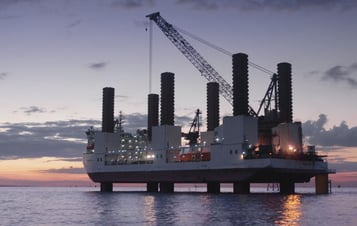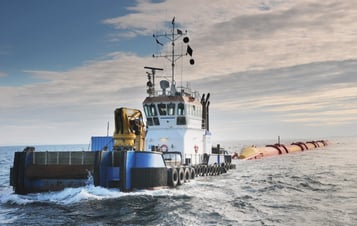Biomass
Biomass is part of Vattenfall's energy mix.
We use biomass in more than 15 combined heat and power plants or heat-only boilers in Sweden, the Netherlands and the United Kingdom.
In our plants, biomass is often a useful complement to the amount of waste we burn. More than half of the total amount (in terms of energy produced, TWh) of waste and biomass used by Vattenfall is waste, including recycled wood waste.
What is biomass?
Woody biomass as an energy source usually comes from agricultural and untreated wood residues, forestry, short rotation plantations and by-products from the wood processing industry.
- Forestry by-products such as snags, stumps, dead trees, slash, tops and branches.
- Sawdust, shavings and bark from the wood processing industry.
- Post-consumer wood that cannot be reused in furniture or construction.
Woody biomass can also come from short rotation coppice. Special tree species are cultivated with the aim of producing high biomass yields in a short period of time. Vattenfall only cultivates on land that is not suitable for agricultural crops.
Biogas and biomethane are renewable and low-carbon gases produced by anaerobic digestion of biogenic waste in an oxygen-less environment. The difference between biogas and biomethane lies in their composition. Biogas is 45-75% methane, while biomethane is the purified form of biogas with almost 90% methane. Biomethane can be used as a gas substitute.
Biofuels are liquid or gaseous fuels, such as bioethanol and biodiesel, derived from biomass. They are used for transport and other energy needs.
Why biomass?
Vattenfall is committed to reducing greenhouse gas emissions and reaching net-zero by 2040. Biomass has a role to play in this journey.
The transition to a renewable energy system is in full swing. Woody biomass is seen as one of the fastest ways to phase out fossil fuels in the short term, especially in sectors where other sustainable alternatives are not yet sufficiently available.
Woody biomass is fundamentally dependent on sustainable forestry. Sustainably managed forests create carbon sinks that absorb CO2. In our view, the use of biomass from sustainably managed forests provides a CO2-neutral energy source.
Vattenfall supports continuous improvement of sustainability regulations and certification for woody biomass to balance climate, biodiversity, economic and social perspectives.
When combined with carbon capture and storage technology, biomass-based energy can help achieve negative emissions by storing CO2 emissions or using them for other industrial applications. According to IPCC reports, such solutions play an important role in most pathways to keep society on the 1.5°C trajectory. Vattenfall is exploring the possibilities of bio-carbon capture storage.
We believe that natural resources should be used and recycled for as long as possible, and at each stage always for their most valuable purpose. This means that woody biomass should be used according to its highest economic and environmental added value, usually in the following order:
- Wood-based products
- Extending the life cycle of products
- Reusing products
- Recycling products
- Bioenergy production
- Disposal
The benefits of producing and using biogas and biomethane are twofold. Organic waste can be used to produce biogas, and when biogas is upgraded to biomethane, it provides an alternative to natural gas with very low emissions. As a low-carbon solution, biofuels also play an important role in decarbonisation.
Biofuels, biogas and biomethane currently represent a small proportion of the bioenergy used in our plants. However, we intend to increase this share.
Biomass sourcing
Cultivation and production of biomass must be carried out in a controlled, sustainable manner to ensure meaningful CO2 reduction.
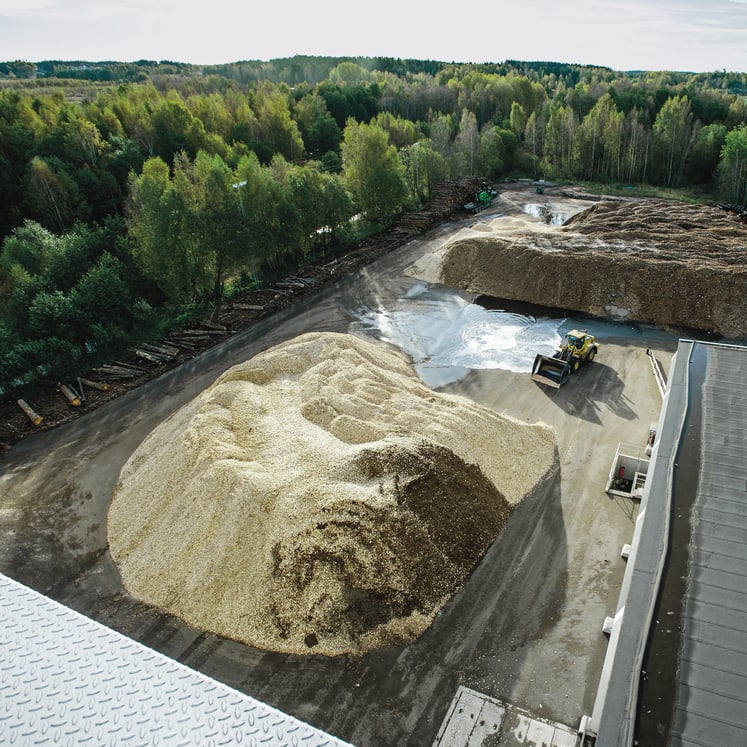
Related content
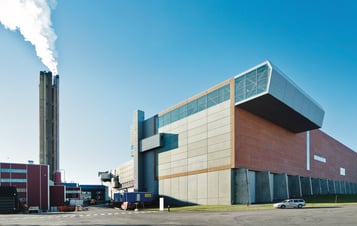
Waste can be used to recover energy instead of being sent to landfill.

Nuclear power generation plays a key role in supporting the energy transition.
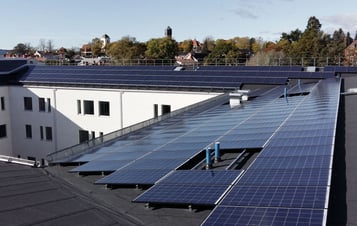
Solar power is essential in a sustainable and fossil free energy system.


